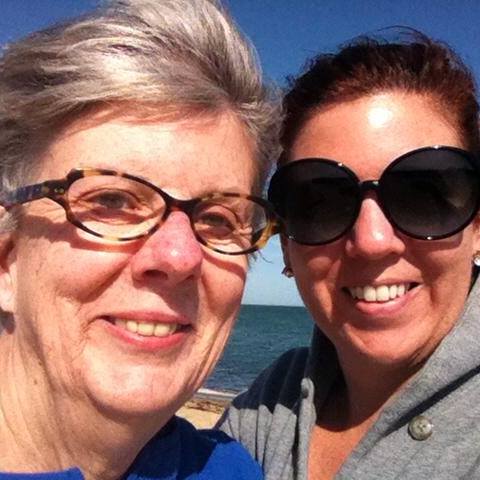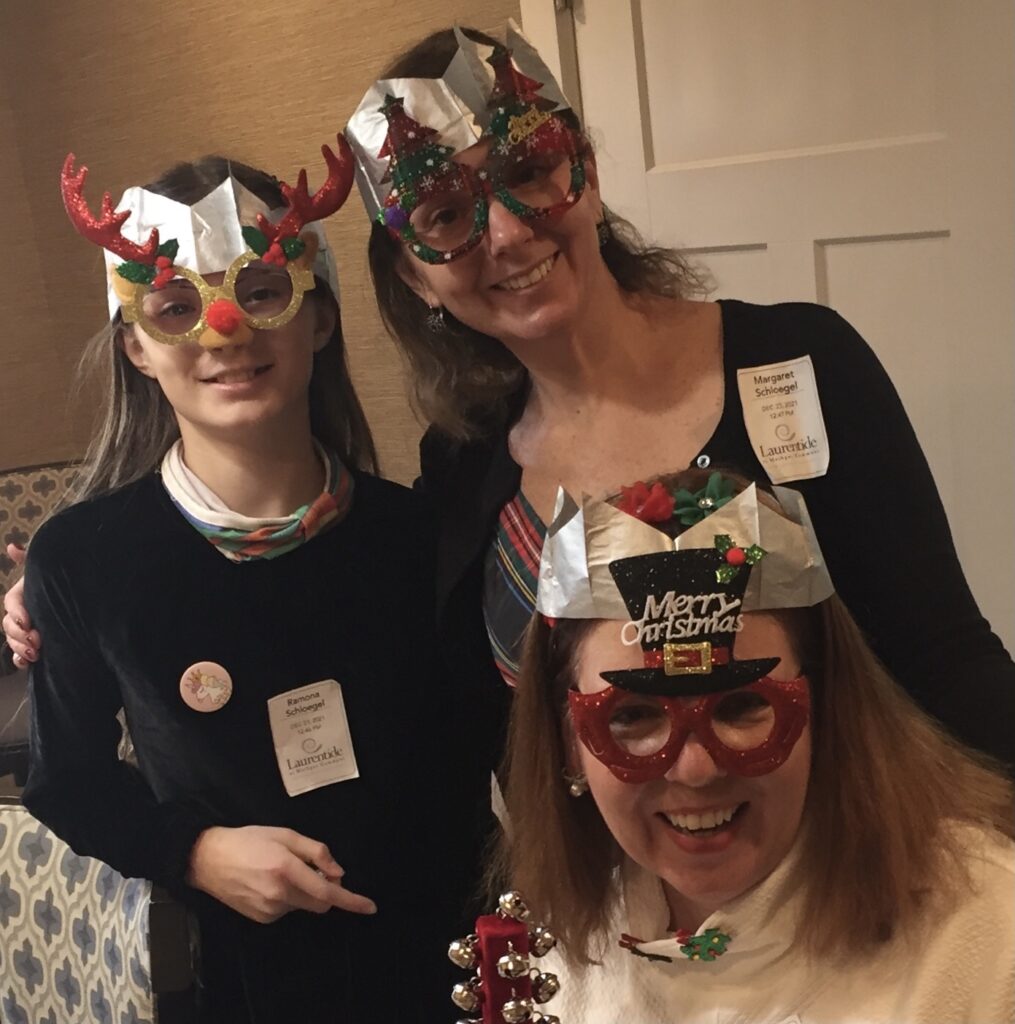Meet the Models: Amanda Gordon
Paula Gordon was a force for women. Described as a “professional volunteer” by her daughter, Amanda, it is clear the lasting effect Paula has had on generations of women, particularly her daughters. Paula was intensely passionate about women’s causes and believed deeply in organizations that sought to empower women. She had a unique way of connecting with women and making them feel seen, so much so that at her funeral, Amanda was blown away at the amount of people who expressed a deep connection to her mother.

It’s no surprise that Paula was diligent about her health and after a routine mammogram came back suspect, doctors found a small mass near her breast bone. Though tiny, it was fast growing and would need immediate treatment. Ironically, Paula’s husband, a general surgeon at the time, was well versed in the ecosystem of breast cancer given that part of general surgery was breast removal. He would later go on to tell his children he knew, by the location of the mass, that his wife would not survive. Nonetheless, cancer did not seem to slow Paula down. She received treatment at Sloane Kettering in NYC, even after retiring to Cape Cod. After her successful treatment, along with her husband, she was able to enjoy a bit of retired life. However, a year later she suffered a recurrence and succumbed to breast cancer on October 11, 2013. Diagnosed at 63, she passed away at 68.
Though emotional, Amanda is able to reflect on the small positive notes surrounding the death. Hospice care allowed her mother to pass in her own home and bed, something extremely important to Paula. Further, it gave the family time to say goodbye. In the end, Amanda finds it ironic that the cause her mother was so passionate about ended up taking her life.

Though adults at the time of Paula’s passing, Amanda notes that the myriad of emotions were difficult: “I felt this sort of anger because my mother is not some iconic breast cancer victim, she was just a person who happened to get breast cancer. My parents worked so hard and they never got the retirement they deserved together. The only granddaughter of the family was in pre-school at the time, so she’ll never know my mom or remember her.” The entirety of it seems unfair, but Amanda has channeled her anger and sadness into advocation. She feels passionate about normalizing breast cancer: “I want people to openly talk about it.” Further, she wants to make sure that no one else has to face the death of a mother or hearing their own life may be at risk. She works everyday to advocate against the cruel disease: “we need to do what we can to end this and support people who are going through it.”

